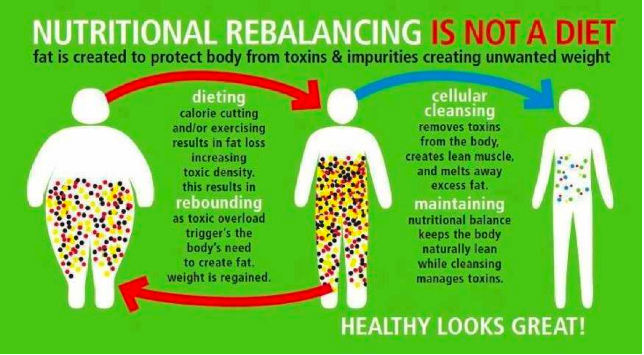The Pulse of News
Stay updated with the latest trends and insights.
Carbs: The Unsung Heroes of Your Plate
Unlock the power of carbs! Discover how these often-misunderstood nutrients can transform your meals and boost your energy.
The Role of Carbohydrates: Fueling Your Body for Optimal Performance
Carbohydrates play a crucial role in fueling your body, particularly when it comes to enhancing performance during physical activities. As the body's primary energy source, carbohydrates are vital for athletes and active individuals who rely on quick energy bursts and sustained endurance. According to research, carbohydrates help maintain glycogen stores, which are essential for high-intensity exercise and stamina.
Incorporating the right types of carbohydrates into your diet can significantly impact your overall performance. Complex carbohydrates, found in whole grains, fruits, and vegetables, provide a steady release of energy, while simple carbohydrates, like those in sports drinks or gels, can offer quick energy when needed. To ensure optimal performance, it is recommended to consume carbohydrates both before and after workouts. For more insights on carbohydrate intake and its effects on athletic performance, consider reviewing detailed nutrition guidelines provided by reputable sources.

Debunking Carbohydrate Myths: Are They Really the Enemy?
In recent years, carbohydrates have been demonized in popular media, often portrayed as the main culprit behind weight gain and various health issues. However, this perspective overlooks essential aspects of nutrition. Carbohydrates are a primary source of energy for our bodies, especially for the brain and muscles during physical activity. Studies show that complex carbohydrates, such as whole grains, fruits, and vegetables, provide necessary fiber, vitamins, and minerals. According to [Harvard Health](https://www.health.harvard.edu/staying-healthy/healthy-eating-plate), choosing the right types of carbs can actually promote overall health and aid in weight management.
Moreover, understanding the difference between simple and complex carbohydrates is crucial. While simple carbs (found in sugary foods) can lead to spikes in blood sugar and subsequent energy crashes, complex carbs are digested slower, providing a more sustained energy release. It's essential to incorporate the right balance of carbohydrates in your diet. As noted by the [American Heart Association](https://www.heart.org/en/healthy-living/healthy-eating/eat-smart/nutrition-basics/carbohydrates), whole food sources of carbohydrates can help reduce the risk of chronic diseases. Therefore, instead of viewing carbohydrates as the enemy, it’s beneficial to reassess their role in a balanced diet.
How to Choose the Right Carbs for a Balanced Diet
Choosing the right carbs is essential for maintaining a balanced diet. Not all carbohydrates are created equal; understanding the difference between simple and complex carbs can greatly influence your health. Complex carbohydrates, found in whole grains, legumes, and vegetables, provide essential nutrients and fiber, which help keep you full and energized throughout the day. In contrast, simple carbohydrates, often found in sugary snacks and beverages, can lead to rapid spikes in blood sugar levels. For more detailed information, check out this guide on healthy carbs.
When selecting carbohydrates, consider incorporating a variety of sources to ensure you get a broad spectrum of nutrients. An effective approach is to focus on foods that have a low glycemic index (GI) since they are digested more slowly, providing sustained energy without the crash. Foods like quinoa, sweet potatoes, and legumes are excellent choices. Additionally, aim to fill half your plate with fruits and vegetables at each meal, which are not only packed with important vitamins but are also rich in fiber—key for digestive health. For more insights on the role of carbohydrates in your diet, visit this resource from Choose My Plate.